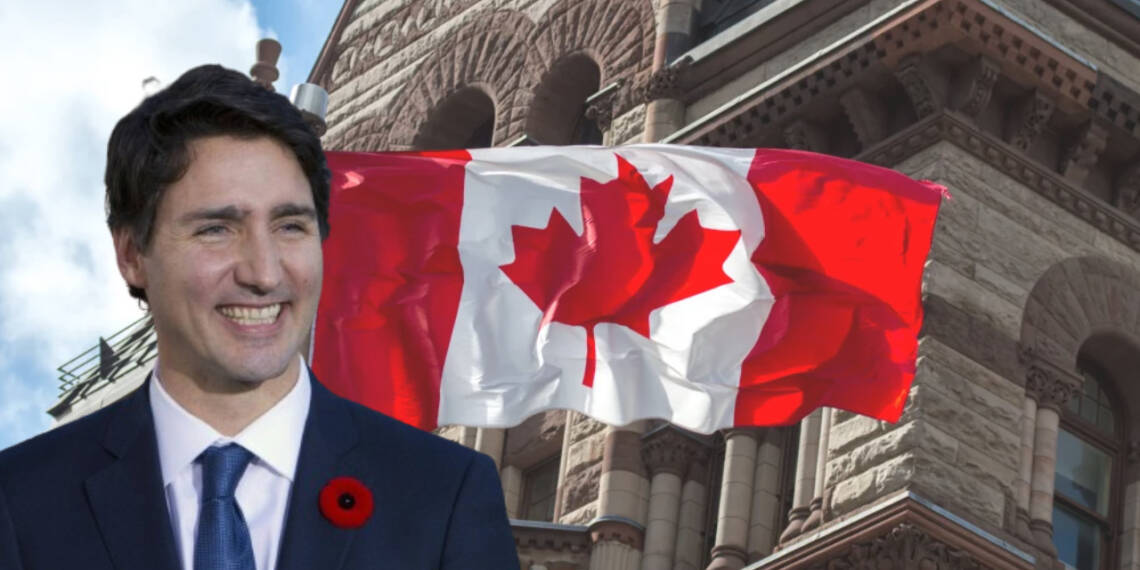In Canada, the small business community, a crucial pillar of the economy, faces a dire situation. During the pandemic, about 900,000 small businesses took loans of up to $60,000 to survive. This move, born out of necessity, has now placed them in a precarious position. As the repayment deadline looms, nearly 250,000 of these businesses are on the verge of bankruptcy or closure, unable to meet the government’s rushed December 31 deadline. The government’s response, an 18-day extension, seems more symbolic than substantive, offering little relief to these struggling businesses.
This crisis isn’t just about financials; it’s about the people behind these businesses. Many small business owners are losing sleep, desperately searching for ways to manage their pandemic debts. They find themselves in a situation where survival, let alone profit, is a daunting challenge. The government’s approach, which once promised aid, now leaves them feeling abandoned and helpless.
In a promising development, the premiers of all provinces and territories have called on the federal government to extend the repayment deadline further. This collective voice reflects a shared concern for the well-being of small businesses and the recognition of their critical role in the economy.
Join us on Telegram: https://t.me/tfiglobal
The situation becomes more frustrating when contrasted with the government’s financial priorities. While small businesses struggle, significant funds have been allocated elsewhere: $28.2 billion in subsidies for the electric vehicle industry and $18 billion for the oil and gas industry. This allocation of funds raises questions about the government’s commitment to supporting small businesses. While large industries receive substantial support, small businesses, often hailed as the backbone of the economy, are left grappling with financial uncertainty and a lack of adequate government assistance.

The message to small business owners seems stark and disheartening. The government’s current stance suggests a prioritization of larger industries and sectors with more significant political weight. This approach overlooks the critical importance of small businesses, which are not only economic drivers but also embody the entrepreneurial spirit of the nation.
The situation for small business owners in Canada is not just a financial crisis but a reflection of the government’s priorities. The need for more substantial support and a reevaluation of the repayment deadline is evident. Without it, Canada risks losing a vital part of its economy and dampening the entrepreneurial spirit that has long been a hallmark of the nation’s success.
Watch More:
https://youtu.be/oRBmcc6HicQ?si=tG9UguMR2cWRL889








